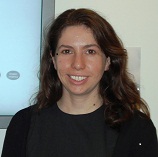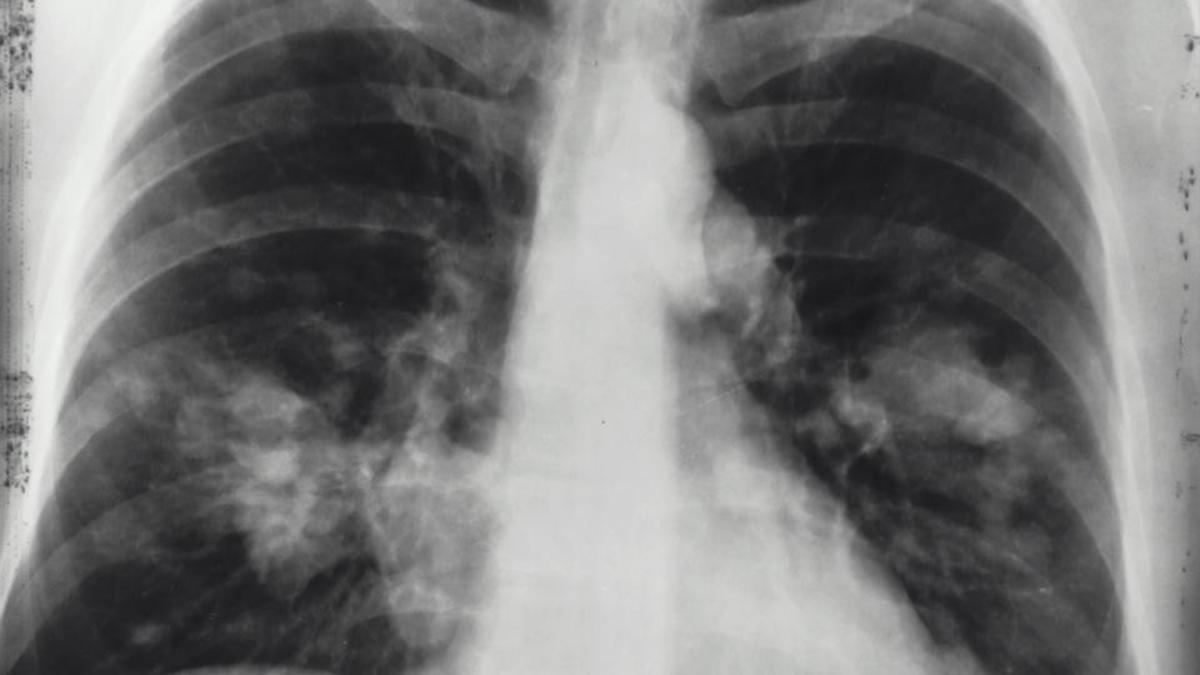Cancer Research UK gives $4m funding to Glasgow Uni CML project

Cancer Research UK granted £3.1m (nearly $4m) to a group of researchers at the University of Glasgow to enable a pioneering study to help find new treatments for CML - chronic myeloid leukaemia.
The University of Glasgow study is the first in the UK to receive funding from the prestigious Cancer Research UK Experimental Medicine Award programme, which supports highly ambitious laboratory research conducted in association with a clinical trial.
Dr Victoria Steven, Cancer Research UK spokesperson for Scotland, told pharmaphorum in an emailed statement: “This investment is fantastic recognition of the world-leading research taking place in Glasgow to improve survival for patients with chronic myeloid leukaemia."
"The funding will support researchers to take promising scientific discoveries from the lab and translate them into new and better treatments for patients."
In a first-of-its-kind experimental programme researchers will carry out laboratory experiments simultaneously with a clinical trial to monitor how patients’ cancer cells respond to a series of new treatments.
CML is currently treated with tyrosine kinase inhibitors (TKIs). The first line regimen approved in the UK is Gleevec (imatinib) followed by Tasigna (nilotinib) and Sprycel (dasatinib) as a second and third line of therapy respectively.
But TKIs are not able to eliminate the chronic myeloid leukaemia stem cells, and patients eventually become resistant to the medication.
“Around a quarter of CML patients develop resistance to the standard treatment. For some patients we can try a different drug or sometimes a bone marrow transplant, however, CML tends to be a disease of older people for whom a bone marrow transplant isn’t an option,” said professor Mhairi Copland, director of the Paul O’Gorman Leukaemia Research Centre.
By adopting a precision medicine approach, the scientists hope that data from their experiments will help guide which drug will be most effective for individual patients.
[caption id="attachment_45798" align="alignleft" width="72"] David Vetrie[/caption]
David Vetrie[/caption]
Dr David Vetrie, senior lecturer in epigenetics at Glasgow University and scientific lead for the study, said: “We will take and analyse thousands of individual CML stem cells from patients enrolled in our clinical trial, and study the biology of these cells both before and after treatment with new drugs.”
“This highly-detailed analysis will help us identify, for the first time, subtle differences between the stem cells in each patient. We can then use this information to help doctors decide which treatment to give patients in the trial.”
CML is a serious and life-threatening condition which accounts for 8% of all leukaemia cases, with around 700 people diagnosed each year in the UK only.
“One in two of us in the UK will be diagnosed with cancer at some stage in our lives, but the good news is more people are surviving the disease now than ever before. Cancer survival in the UK has doubled since the early 1970s and Cancer Research UK’s work has been at the heart of that progress", comments Steven.












